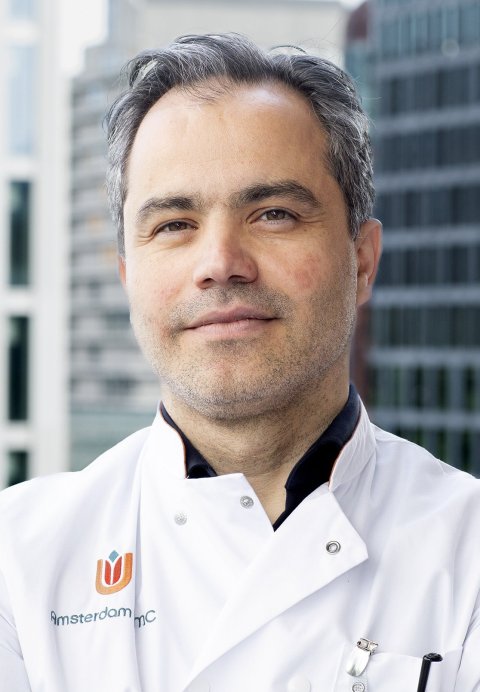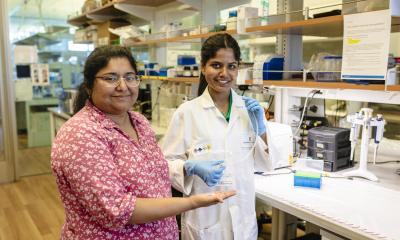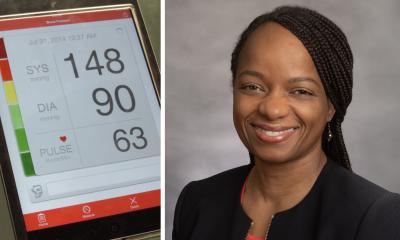Image source: Adobe Stock/neramit
News • Reimbursement and access
Lung cancer care: addressing inequalities across Europe
There are stark differences between European countries when it comes to both the reimbursement of, and access to, new treatments for patients with early-stage lung cancer.
There are also differences in reimbursement times and indications between the European Medicines Agency (EMA) and the US Food and Drug Administration (FDA). Researchers from Amsterdam UMC Cancer Center Amsterdam analysed the landscape, and their results are published in The Lancet Regional Health Europe as part of a series on the latest developments in the treatment of this lung cancer.
"Tackling inequalities in access to care must be a common European priority," says Amsterdam UMC pulmonologist Idris Bahce. In collaboration with colleagues from seven European countries, Bahce used a literature review to map out the latest developments and analyse access to these new treatments from a European perspective.

Image source: Amsterdam UMC
"The existing differences in healthcare systems and reimbursement structures between European countries threaten to exacerbate healthcare inequalities at both European and national level. We therefore call for a collective European approach to reduce these inequalities," says Bahce. He suggests measures such as more international cooperation between the EMA and other registration authorities, harmonising cost-effectiveness procedures in European countries, a more critical evaluation of reimbursement criteria and improving multidisciplinary collaborations around the patient.
The standard treatment for fit patients with early-stage lung cancer has always been surgery, sometimes combined with pre- or post-operative chemotherapy. Recently, the EMA has approved new treatments such as immunotherapy, which appear to significantly improve survival rates after surgery. More approvals of innovative treatments are expected, potentially further exacerbating existing inequalities within Europe.
In addition to the Dutch hospitals Amsterdam UMC and Erasmus MC, colleagues from Spain, France, Germany, England, Italy and Poland also contributed to this international study as well as a Review and a Viewpoint in the Lancet Regional Health Europe.
Source: Amsterdam UMC
06.03.2024





